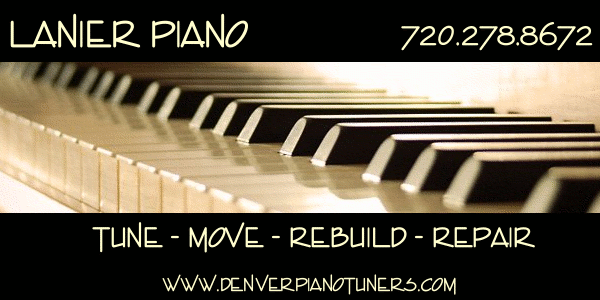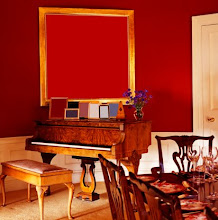Proper piano maintenance is a must if you want your piano to stay in great shape and be playable for years to come. Though it most likely sits in a corner of your living room and seems to be self sustaining, it is not.
Here are a few basic elements of piano care:
1. Clean it regularly to ensure that the case stays in beautiful like new condition. A light furniture polish, such as Old English, every couple of months will do wonders to keep your piano looking its best! Just be sure not to over soak it, use a damp (barley moist) cloth to dust it and then rub it down with a light coat of polish.
2. On occasion you may be inclined to vacuum/dust out the inside (especially if yours is a grand piano) . This will not only help it to look better and keep all that dust from escaping into your home but will also help to keep the strings in good shape. *Never get the strings/wires wet! This will cause severe damage if they begin to rust of corrode because of the moisture on them.
3. Have your piano tuned at the turn of the seasons. The most prevalent reason that pianos travel out of tune is a change in temperature and humidity. These two factors cause the wood and metal in the piano to contract and expand and in turn created varying amounts of tension on the strings which causes it to sound "out of tune" and may even cause a pitch change if not caught and remedied soon.

